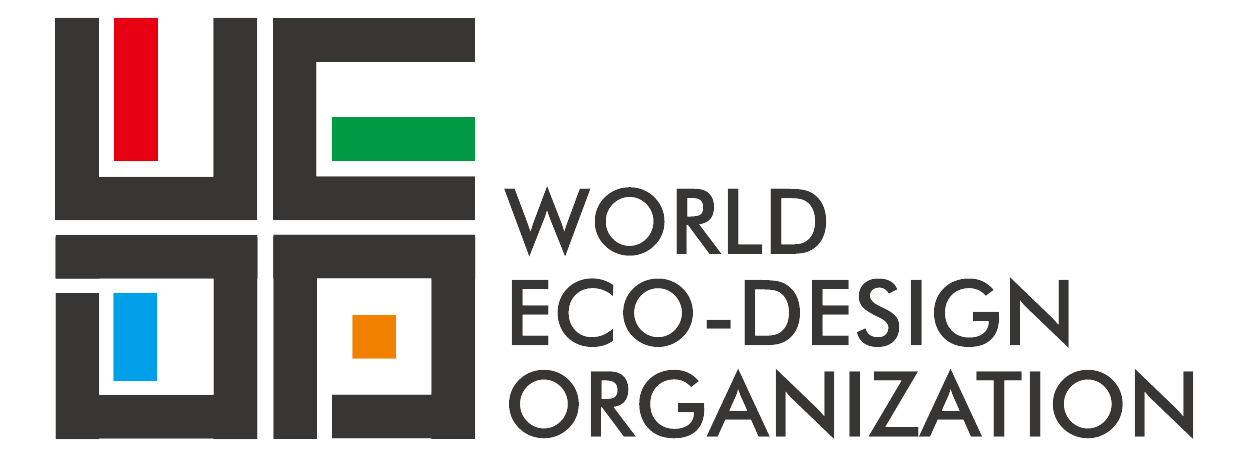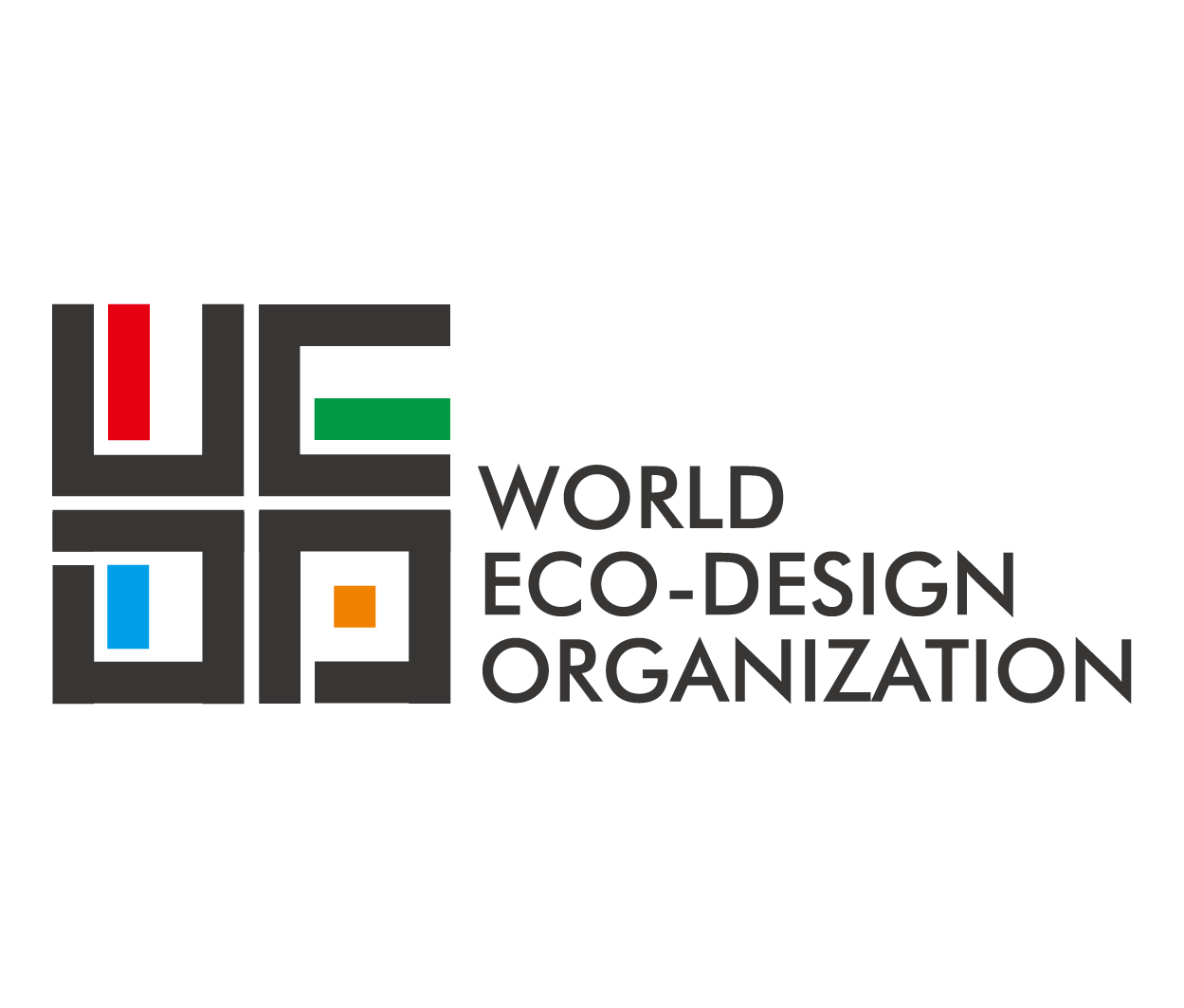The health crisis linked to the COVID-19 pandemic has accelerated the use of new educational technologies on the continent. While they open up new possibilities, these innovative solutions come up against inequalities in digital access.
François Hume-Ferkatadji
Journalist in Abidjan, Côte d'Ivoire
Illuminated by spotlights, a mathematics teacher lectures in front of three cameras and… a row of empty desks. The scene is the Lycée Classique in Abidjan, a high school in the heart of the capital. A renowned film director has been dispatched specially for the occasion.
We are in the early days of a global health crisis that resulted in the closure of most schools around the world. Côte d'Ivoire was not spared. The government set about rapidly producing a digital database of teaching programs: hundreds of hours of lessons were filmed off the cuff, for all levels from primary to secondary school.
Initially broadcast every evening on RTI, the national television station, the lessons were then put online on a learning platform hosted by the Ministry of Education. “That was when we realized the country had qualified and competent human resources in the field of educational technology,” remembers Joseph Guede Biagne, National Coordinator of UNICEF's Education Program between 2004 and 2020.
New prospects
Côte d'Ivoire is not an isolated case. In several African countries, the difficulties caused by the COVID-19 pandemic have given rise to rapid developments in the education sector, thanks in particular to the emergence of “edtechs”, technologies at the service of education.
This is not the first time that a health crisis has triggered innovative solutions in the sector. During the Ebola epidemic in Sierra Leone between 2014 and 2016, radio was used massively to allow students to pursue their education. Today, many professionals in the sector are prioritizing the use of educational technologies to train teachers rather than pupils.
In Sierra Leone, the NGO EducAid has partnered with FabData, a company specializing in data analysis in the education sector, to create an artificial intelligence device available on WhatsApp. “This is a very powerful tool to support teachers in their practice,” comments Miriam Mason, director of EducAid in Sierra Leone. “The teacher can ask the server to suggest pedagogical avenues, and the AI will come up with them.”
In this small West African country, where more than half the population is under eighteen, the shortage of teachers is critical. In many cases, the quality of teaching also leaves much to be desired. Many young teachers are catapulted in front of pupils without any training, in order to fill vacant posts. “It's not uncommon for a chemistry teacher to have very little knowledge of chemistry, and the same can be said in all subjects,” laments Mason.
Lack of teacher training is a challenge for much of the continent. According to the 2023 edition of UNESCO's Education for All Global Education Monitoring Report, only 64 per cent of primary school teachers and 50 per cent of secondary school teachers in sub-Saharan Africa have received the minimal training required. Given the situation, the use of artificial intelligence seems an effective way to help teachers find pedagogical solutions and build courses adapted to students' needs. No fewer than 1,500 teachers have already signed up for the Sierra Leone program.
"The use of artificial intelligence seems an effective way to help teachers find pedagogical solutions"
Innovative companies offering services for students have also emerged, such as the Kenyan platform Eneza Education, which specializes in tutoring for primary and secondary school pupils, accessible via cell phone. These new services have the potential to reach populations living in remote areas with limited Internet access. Higher education is also gradually converting to digital technology. With over 60,000 students, the Université Numérique Cheikh Hamidou Kane is now the second largest university in Senegal.
Unequal access
Better teaching, for more pupils: edtechs can enhance learning, but they come up against disparities in access to technology. “In Sierra Leone, the vast majority of teachers don't have laptops or even smartphones, and we also face connectivity problems,” points out Mason. “The weakness of the Internet network in rural areas and the high cost of Internet data remain major obstacles,” agrees Guede Biagne. The UNESCO report indicates that in sub-Saharan Africa, 89 per cent of learners do not have access to a computer at home, and 82 per cent do not have access to an Internet connection at home.
Inequalities in cultural capital within families are another major obstacle to equal opportunities. “Even with a solid, accessible education bank, the supervision and monitoring of pupils' work is highly differentiated depending on whether they come from literate or non-literate families,” insists Guede Biagne. In Côte d'Ivoire, the illiteracy rate stood officially at 43.7 per cent in 2019.
Beyond these challenges, the effectiveness of edtechs, whether virtual reality, educational robotics or online courses, remains to be assessed. In Africa, as elsewhere, there is a lack of data in this area. At the beginning of 2022, the American organization IPA, Innovations for Poverty Action, coordinated a study in Kigoma, Tanzania using two tablet-based learning programs for children at an elementary school in a refugee camp.
“The real effectiveness of edtechs, whether virtual reality, educational robotics or online courses, has yet to be assessed”
“By carrying out three randomized evaluations with groups of 300 students, they found that tablet-based teaching significantly improved maths skills and literacy in general,” explains Laura Castro, program officer at IPA. According to the NGO, this example underlines the transformative potential of educational technologies in contexts where resources are limited.
But these initiatives still need to be monitored and sustained; otherwise, warn some actors in the field, they run the risk of falling by the wayside. “They are often scattered initiatives, or limited to one region,” notes Mason. “Providing students with tablets is extremely costly and unsustainable,” she continues. “What is the lifespan of a tablet that is passed from student to student? How can they be repaired? Will they have to be constantly replaced?”
Generally speaking, education specialists agree that “all-digital” is not a desirable horizon, and that children's exposure to screens needs to be controlled. “We must never forget the human side,” insists Mason. “We can't replace teachers with technology.”
Who’s in charge? A UNESCO report on technology in education
Although during the pandemic it played a vital role inkeeping students from a complete break from school, technology applied toeducation is not a miracle cure. The 2023 version of UNESCO's Global Education MonitoringReport, called Technology in Education:a tool on w hoseterms?, shows the advances but also highlights the limitsof the digital revolution at work.
It's undeniable that online teaching mitigated the collapse of education during the school closures linkedto the COVID-19 pandemic,allowing nearly half a billionstudents to follow their lessoms. Digital technologiesalso improved access to education resources benefitinghandicapped students and those living in remote areas.
But these technologies cre far from being availableto everyone and in certain cases,their use can bequestionable. The report stresses that the right to cneducation is more and more sy nonymous with the rightto a reliable Internet connection. Yet one primary schoolin four has no electricity and only 40 per cent of primaryschools in the world are connected.
The Report, which also draws attention to the very high costof equipment for educational systems, makes the case forimproved regulation of such technologies and encouragescountries toadopt regulatioms to gurrantee that suchadvances benefit students and support the work of teachers.
Source: Africa Edtech | 非洲成为教育技术发展的沃土 (qq.com)
Source: Africa Edtech | 非洲成为教育技术发展的沃土 (qq.com)






 en
en



 Guangzhou,China
Guangzhou,China +86 - 19925740779
+86 - 19925740779 wedc@vip.126.com
wedc@vip.126.com










